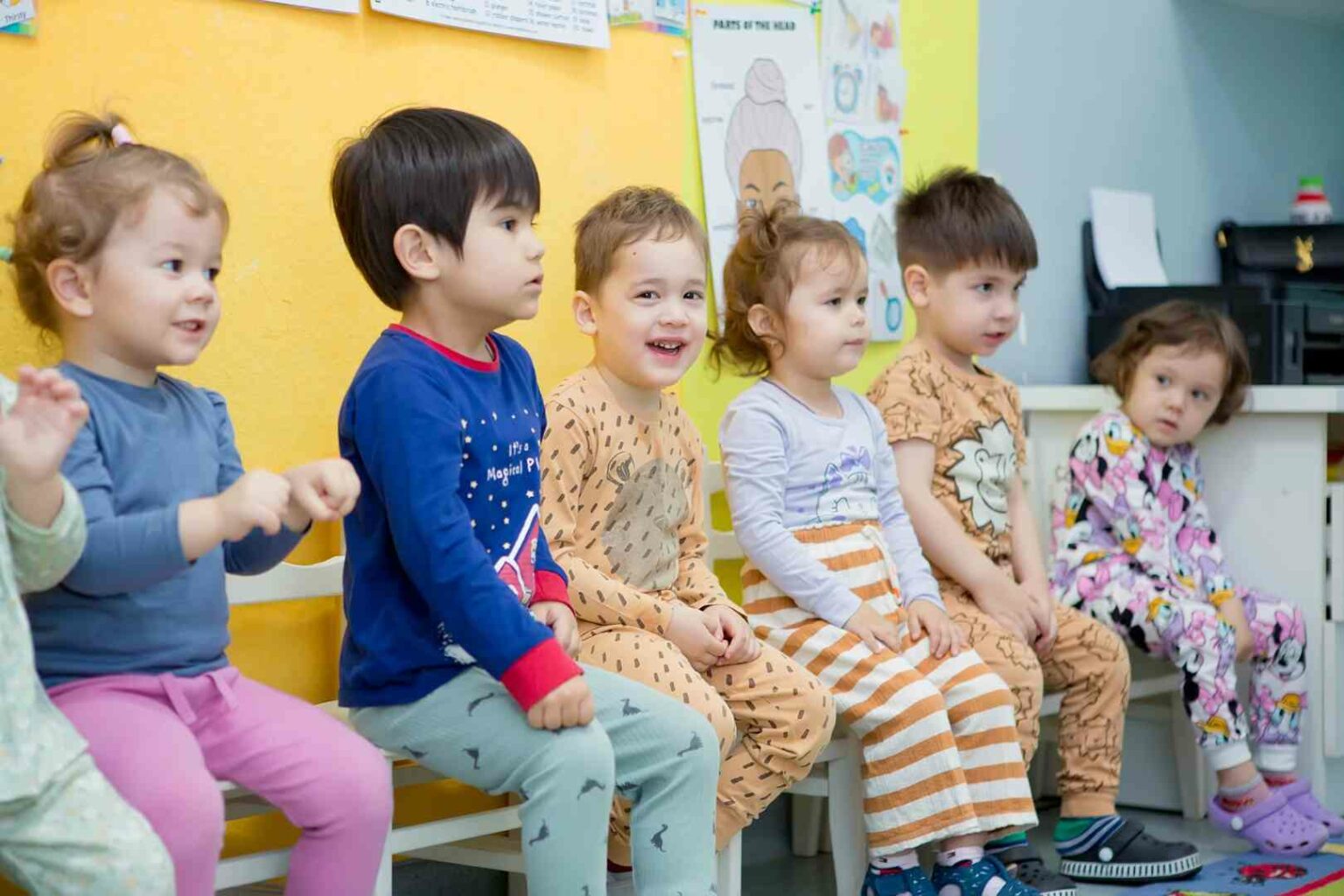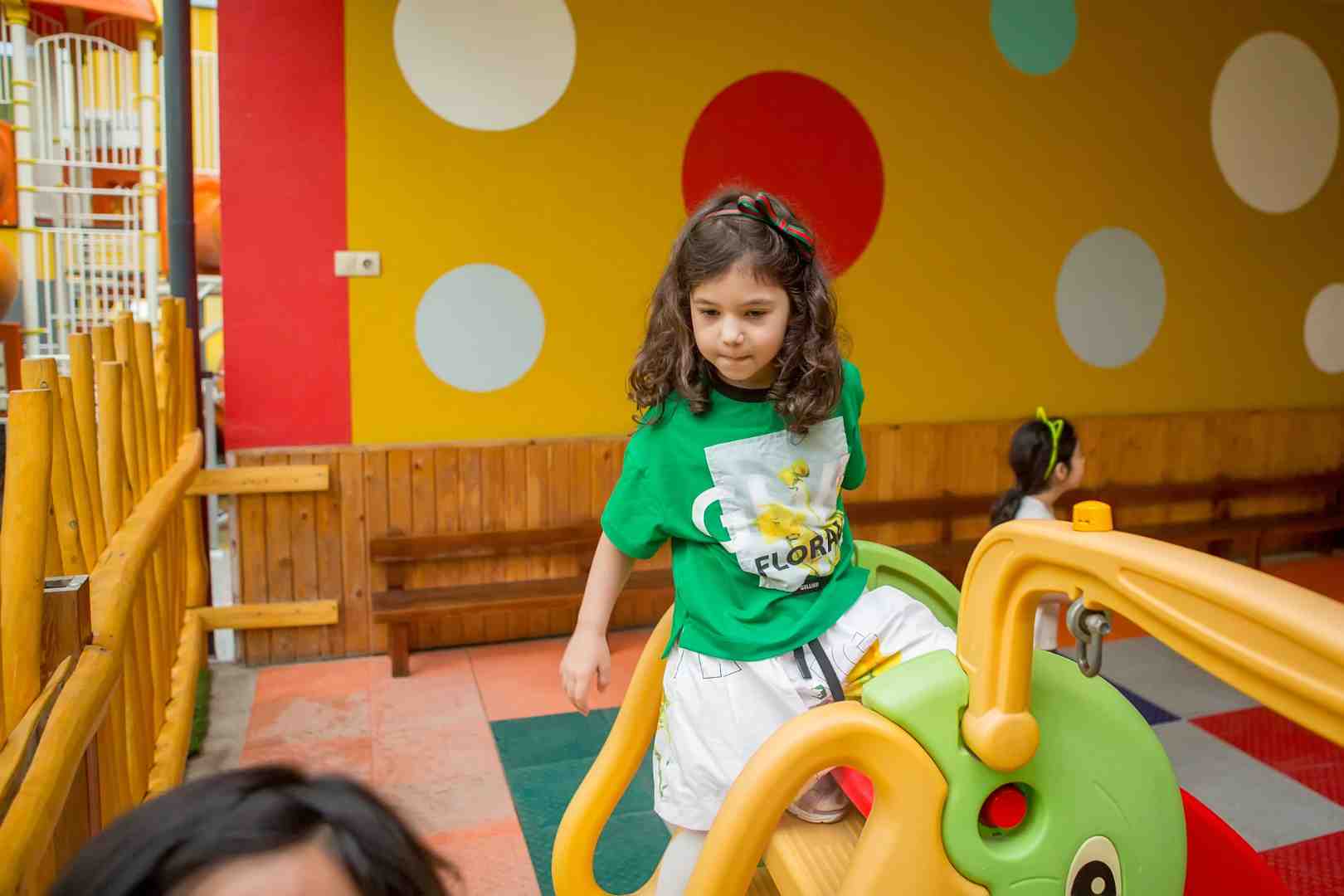Adapting to a new environment can be a difficult process for a child. Changes, such as moving to a new kindergarten, moving to another city, or changing schools, can cause stress and anxiety. Parents and caregivers play a key role in making this transition as smooth and painless as possible.
Introduction to the changes: how to prepare a child
The first step in the adaptation process is to prepare the child for the upcoming changes. Discuss with him in advance what will happen and why it is necessary. It is important to use words and explanations that are understandable to the child so that he can realize what lies ahead. You can use books, pictures, and even games to show that new places and people are not scary, but interesting.
💡 Tip: Start a conversation about upcoming changes a few weeks before the event. This will give the child time to get used to the idea and ask all the questions he is interested in.

Getting to know a new place and people
If possible, visit a new place with your child before the official start. Take a tour of the kindergarten, show where the main areas are located: playground, dining room, bedroom. Getting to know future caregivers and children can also significantly reduce anxiety levels.
📝 Life example: The Petrov family moved to a new city, and their son had to go to a new kindergarten. His parents took him on a field trip several times, introduced him to tutors and future classmates. This helped the boy feel more confident and reduced the stress from the first day in the garden.
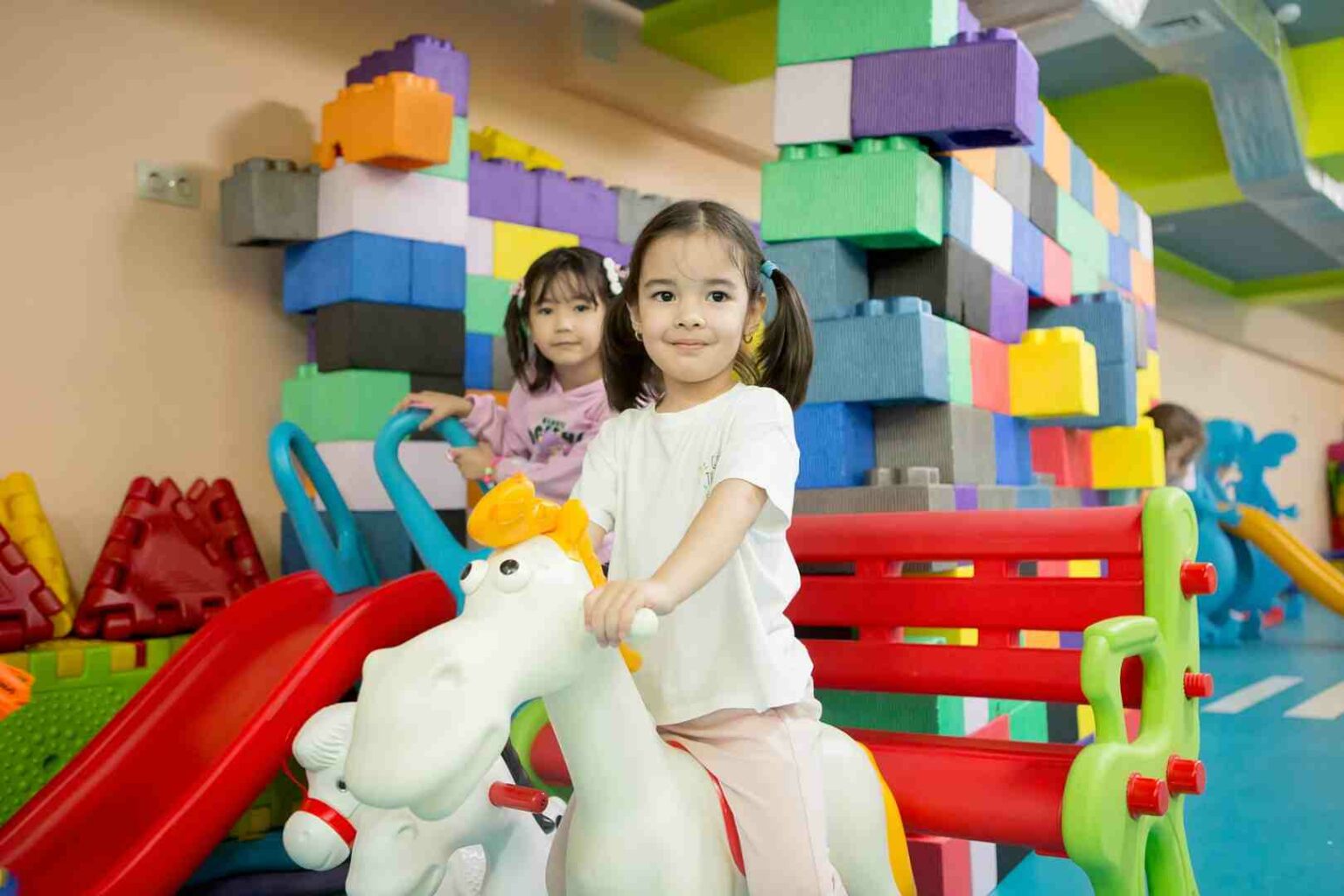
Emotional state support
Emotional support is a key element of successful adaptation. Talk to your child regularly about their feelings, fears, and expectations. Let him know that it is normal to experience different emotions. Listen to the child carefully and support him in any situation.
💡 Tip: Use active listening techniques — look the child in the eye, nod, paraphrase his words to show that you understand his feelings and concerns.
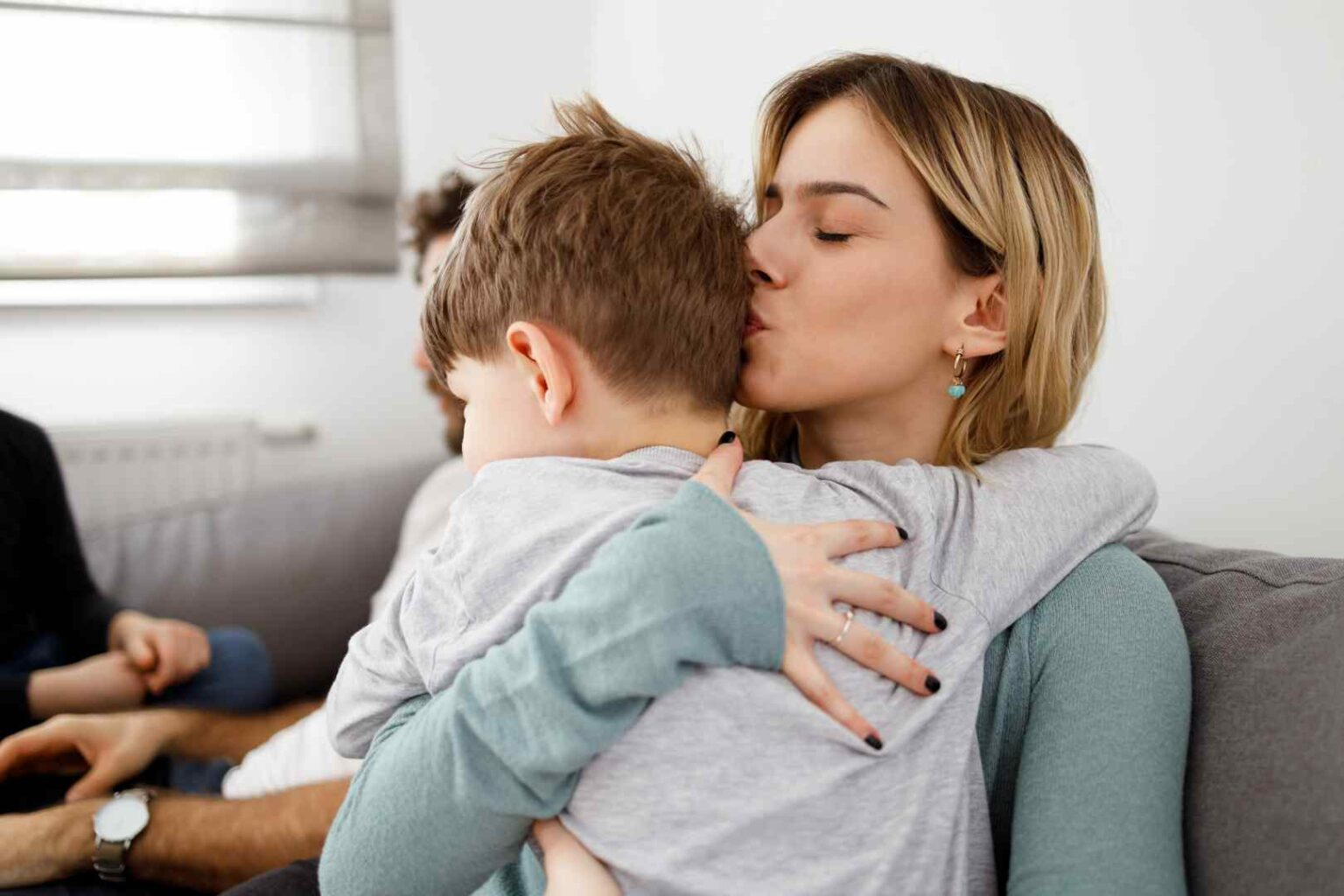
Maintaining the usual routine
Stability and predictability help children feel safe. Try to keep the usual rituals, such as bedtime reading, family dinners or walks. Gradually introduce a new daily routine so that the child gets used to the new rhythm of life. This may include certain times for waking up, eating, and playing, which will help the child adapt better.
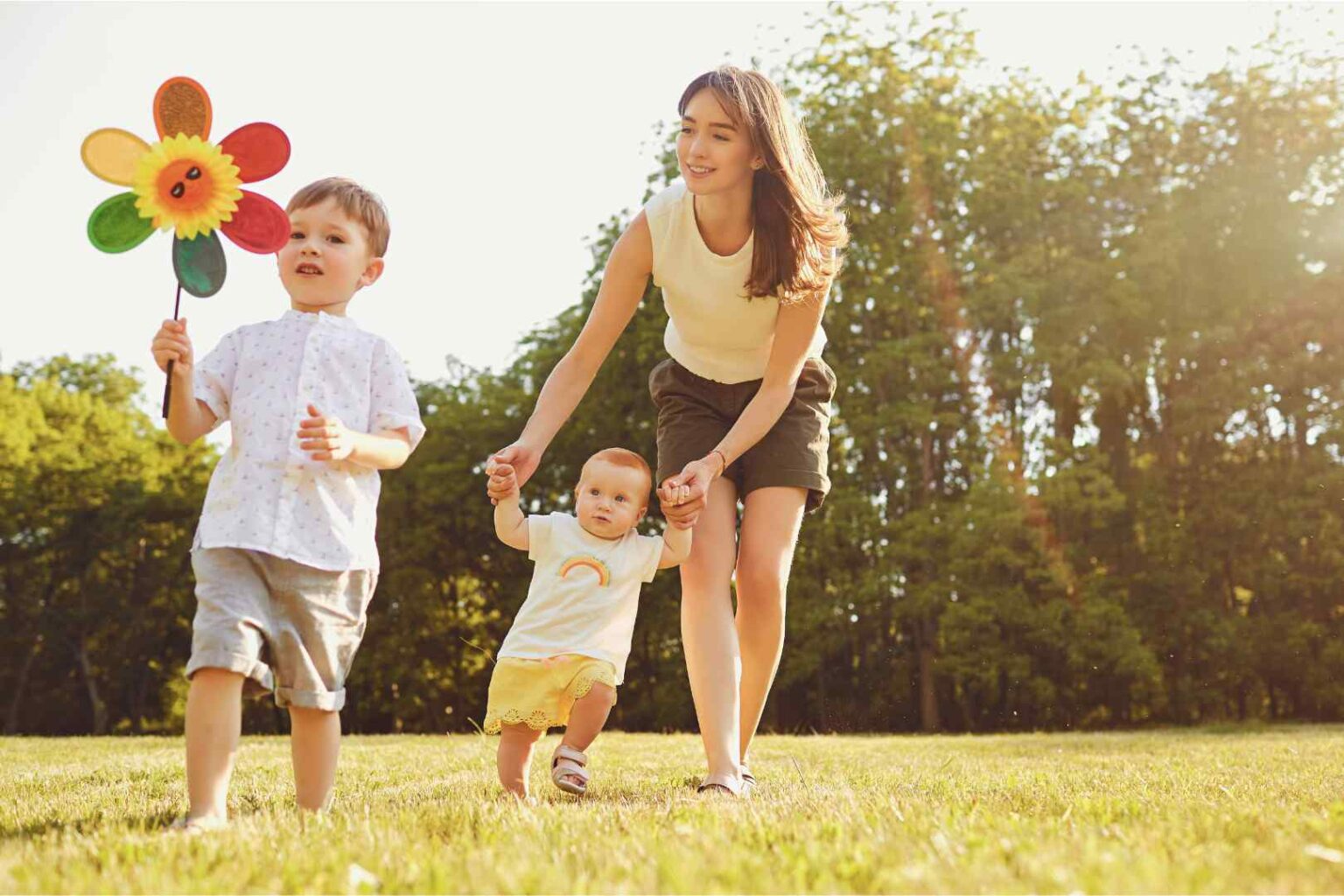
Development of social skills
Social skills play an important role in adaptation. Help your child develop the ability to make friends and communicate with new people. Organize play meetings with future classmates so that the child can get used to the new environment.
🔍 Research: According to a study conducted by Harvard University, children who regularly participate in social games adapt more easily to new educational institutions and show better academic results.
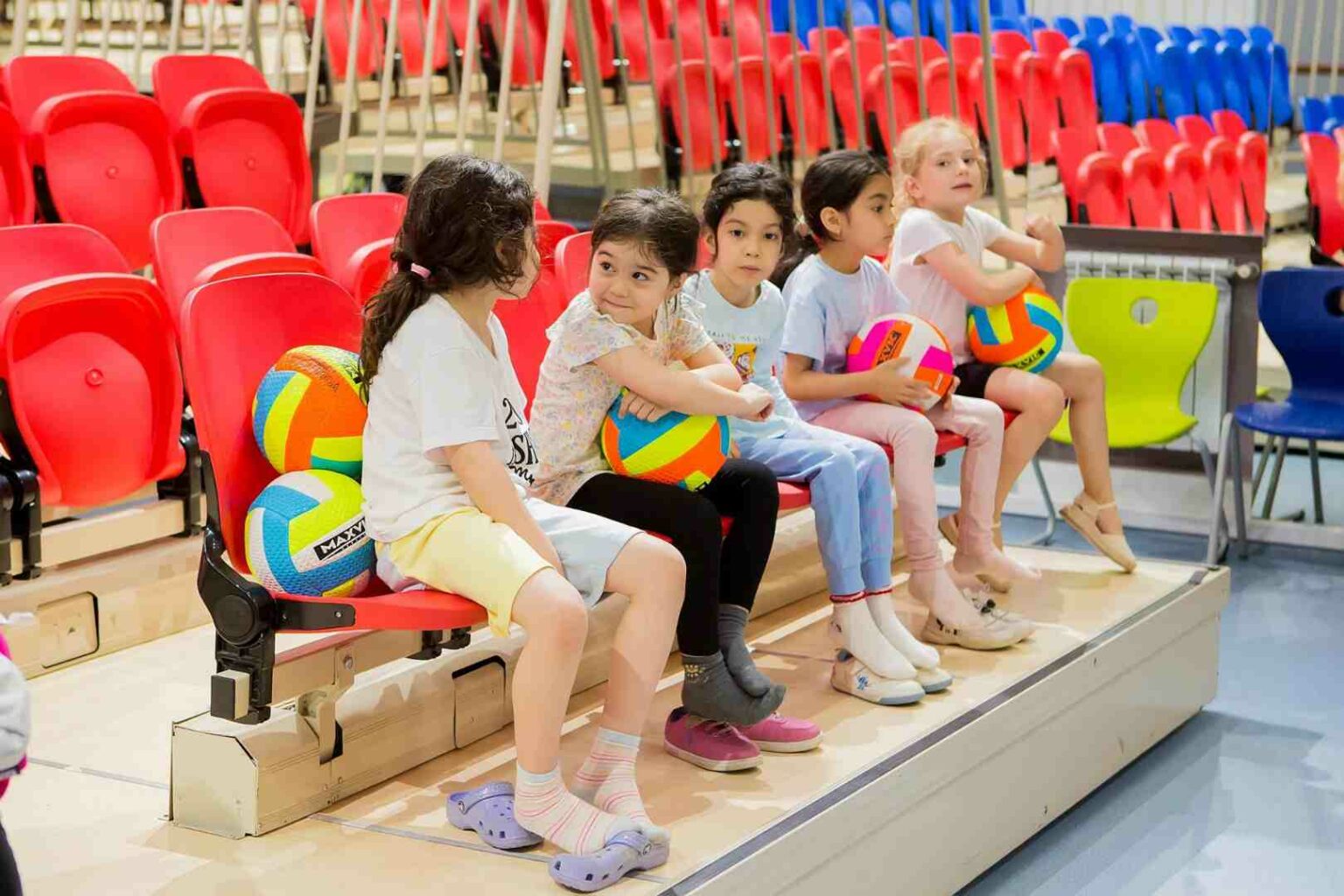
Involving the child in the adaptation process
Involving a child in the adaptation process can greatly facilitate the transition. Let him participate in making some decisions, such as choosing new clothes for kindergarten or toys that he will take with him. Collaborative projects such as decorating a room can also help a child feel more involved and responsible.

Support from teachers
Professional support can be invaluable. Discuss with caregivers or teachers how they can help your child. They may offer special programs or activities aimed at facilitating adaptation. In some cases, it is useful to consult a child psychologist who will help the child cope with anxiety and fears.

An approximate plan for the child's adaptation to a new environment
📋 Here is an approximate plan that can help you and your child successfully go through the adaptation process:
| The stage of | Action is an | approximate period |
|---|---|---|
| Preparing for changes | Discussing changes, explaining the situation, using visual materials | 2-3 weeks before moving |
| Getting to know a place | Visiting a new place, conducting excursions, meeting new people | 1-2 weeks before moving |
| Developing social skills | organizing meetings with new classmates or neighbors, conducting role-playing games | 1-2 months before moving |
| Emotional support Discussing feelings, | support and understanding, showing patience | Throughout the process |
| Creating stability, | Maintaining the usual rituals, establishing a new daily routine | Immediately after moving |
| Child participation | Involving the child in the process, providing the opportunity to make decisions, joint projects | Throughout the process |
| Support of specialists, | Consultations with teachers, work with a child psychologist | As needed |
Adaptation of a child to kindergarten
Adapting a child to a new environment is a complex but manageable process. Parental support, preparation and the right steps will help the child to cope with the changes more easily and feel confident and comfortable. It is important to remember that every child is unique, and the adaptation process may take different times for different children. The main thing is to be close, be patient and pay attention to your child’s needs.
If you have any questions or would like to learn more about how to help your child adapt to a new environment, do not hesitate to seek professional advice. At Oxbridge Kindergarten, we are always ready to support you and your child on the path to successful adaptation and development. Contact us at +998 (71) 263-00-14 or +998 (71) 263-22-33, or visit our Oxbridge Kindergarten website for more information. We are happy to help your child take the first steps towards a successful and happy future!
